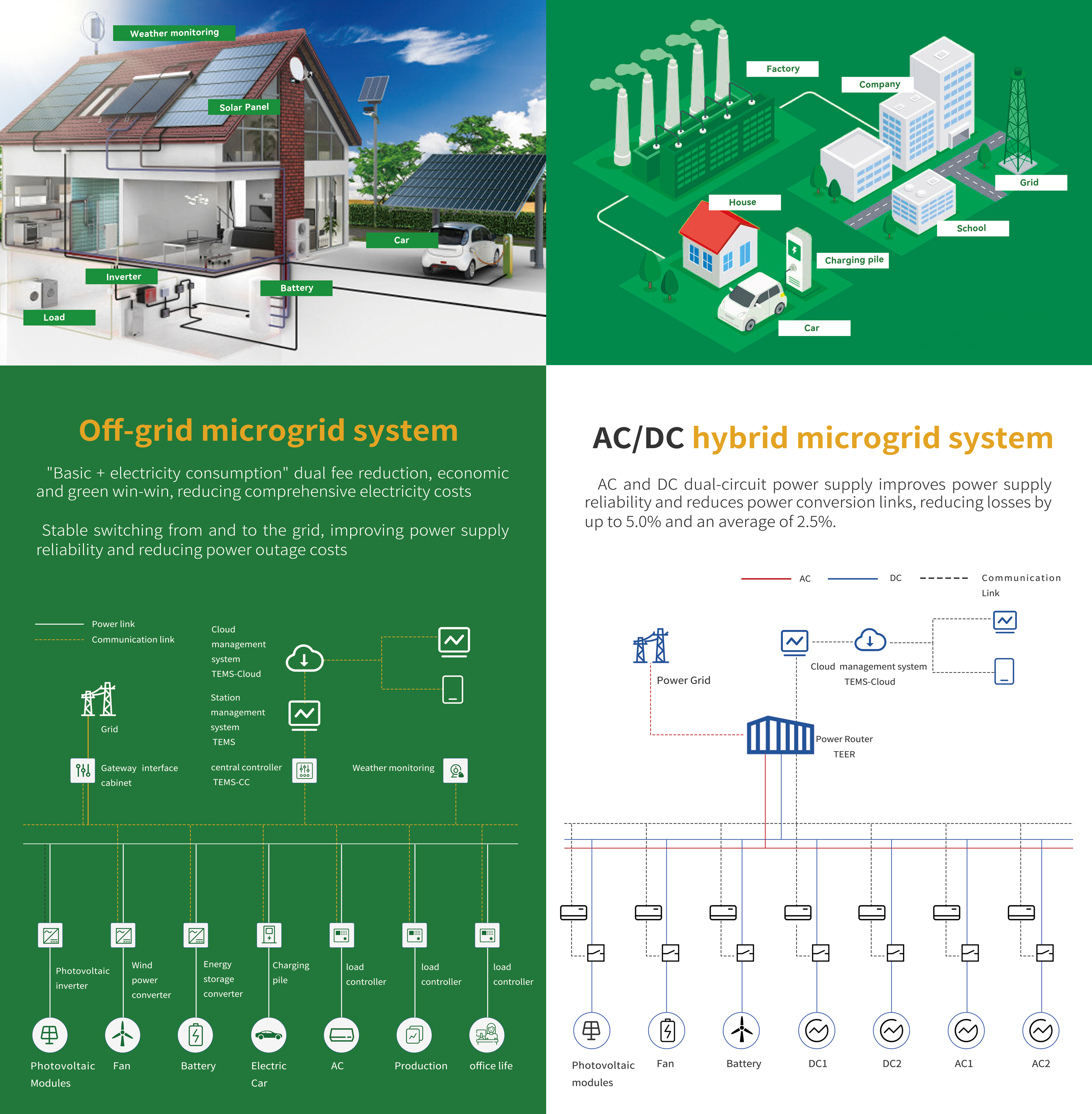
Introduction to Off Grid Solar Power Systems
Off grid solar power systems, also known as off grid solar electric systems or grid-off solar systems, represent a revolutionary approach to energy generation, enabling homes, businesses, and remote locations to harness the power of the sun without relying on traditional utility grids. These systems provide a self-sufficient and sustainable solution for powering daily needs, offering numerous benefits in terms of energy independence, cost savings, and environmental protection.
Understanding the Concept of Off Grid Solar Electric Systems
Off grid solar systems work independently from the main electricity grid, capturing sunlight through solar panels and converting it into usable electricity. This electricity is then stored in batteries for later use, ensuring a continuous supply of power even during cloudy days or at night. The system's components, including solar panels, batteries, charge controllers, and inverters, work in harmony to ensure efficient energy conversion, storage, and distribution.
Advantages of Grid-Off Solar Systems
Energy Independence
One of the primary advantages of off grid solar systems is their ability to provide complete energy independence. This means that users are no longer reliant on unreliable or expensive utility grids, especially in remote or disaster-prone areas.
Cost Savings in the Long Run
While the initial investment in an off grid solar system may seem significant, the long-term savings are substantial. Once installed, the system generates free electricity, significantly reducing or eliminating monthly energy bills. Additionally, solar power is a renewable resource, ensuring a continuous supply of energy without the need for fuel or other consumables.
Environmental Impact
Off grid solar systems contribute significantly to reducing environmental pollution and mitigating climate change. By harnessing the power of the sun, these systems eliminate the need for fossil fuels, thereby reducing greenhouse gas emissions and promoting a cleaner, greener planet.
Components of an Off Grid Solar Power System
Solar Panels
Solar panels are the heart of any off grid solar system, capturing sunlight and converting it into direct current (DC) electricity. The number and size of panels required depend on the system's energy needs and the available sunlight.
Batteries
Batteries store the electricity generated by solar panels, allowing for its use during periods of low sunlight or at night. The type and capacity of batteries used vary depending on the system's requirements and budget.
Charge Controllers
Charge controllers regulate the flow of electricity from solar panels to batteries, preventing overcharging and ensuring optimal battery life.
Inverters
Inverters convert the DC electricity stored in batteries into alternating current (AC) electricity, which is required by most household appliances and electronics.
Installation and Maintenance of Off Grid Solar Systems
Installing an off grid solar system requires careful planning and execution by qualified professionals. Factors such as site location, sunlight exposure, and energy needs must be considered during the design phase. Once installed, regular maintenance is crucial to ensure optimal performance and prolong the system's lifespan.
Case Studies: Success Stories of Off Grid Solar Power
Numerous case studies showcase the success of off grid solar systems in various applications, from remote homes and cabins to off-grid communities and businesses. These stories demonstrate the practicality, reliability, and benefits of embracing solar power for a self-sufficient and sustainable future.



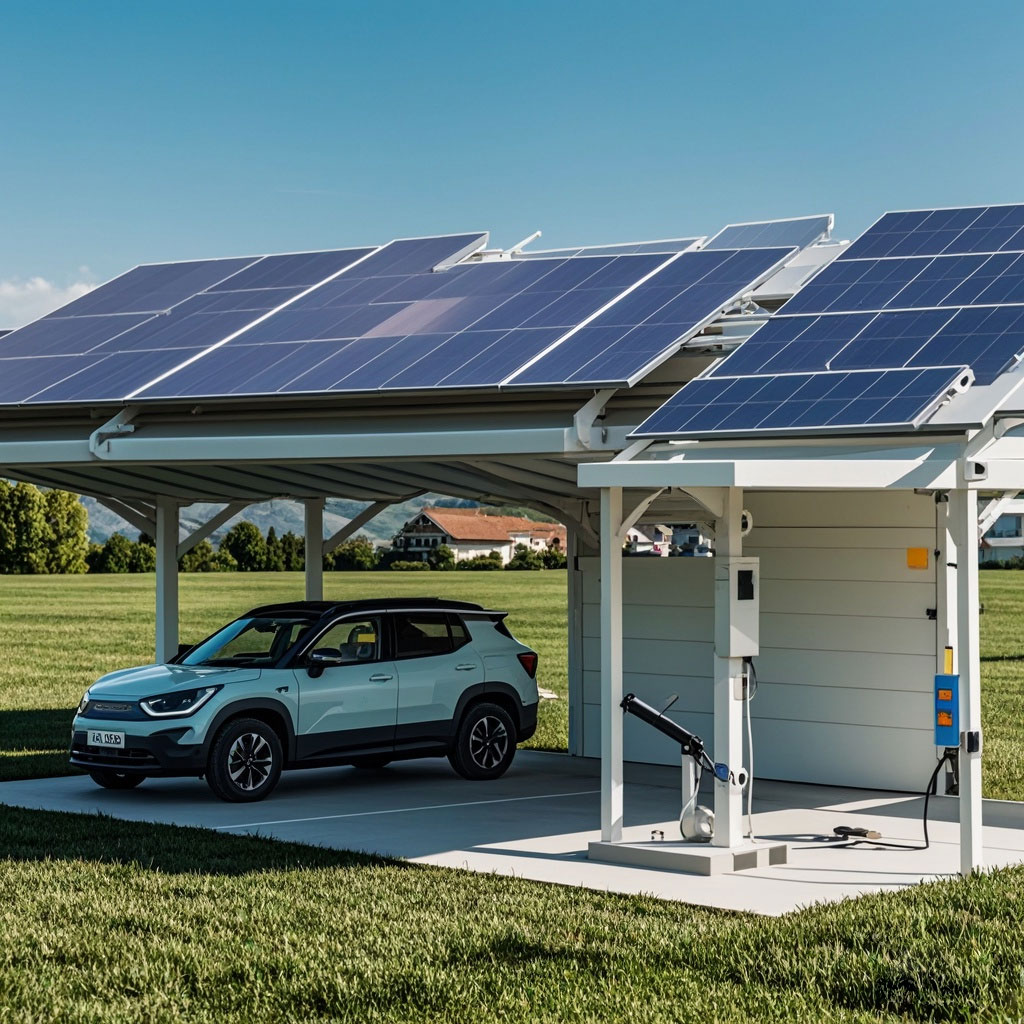
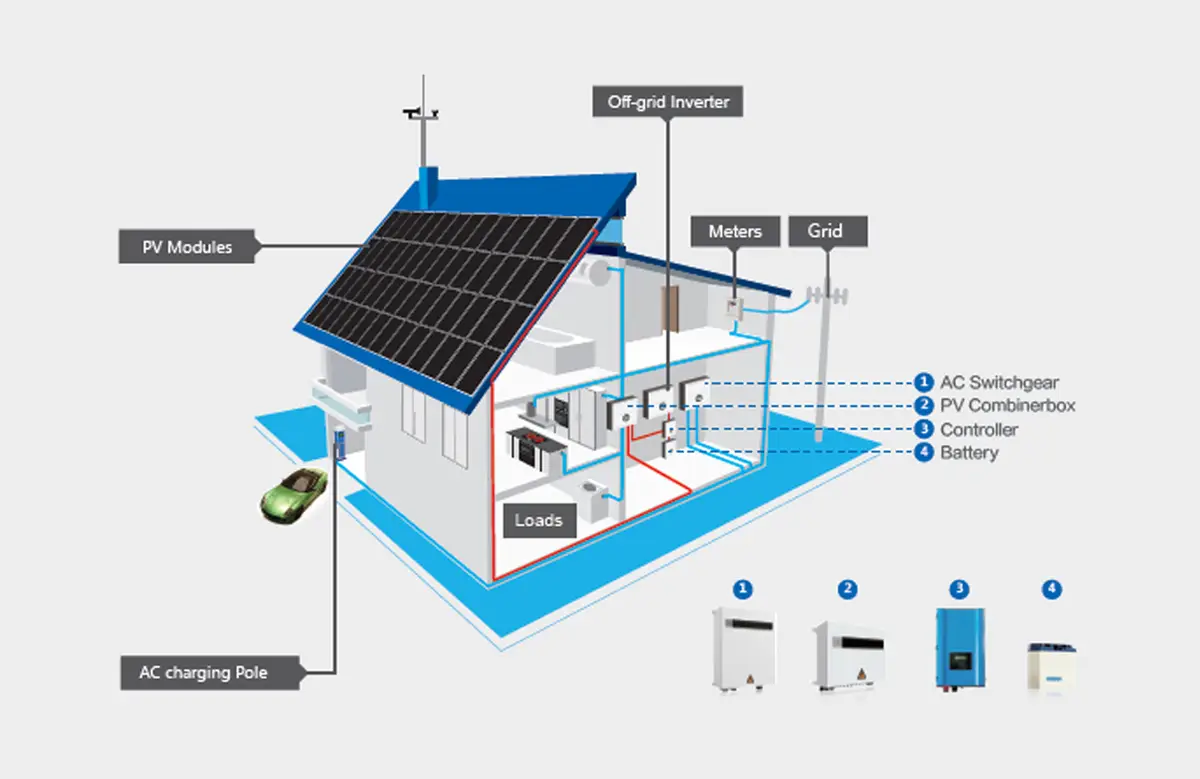
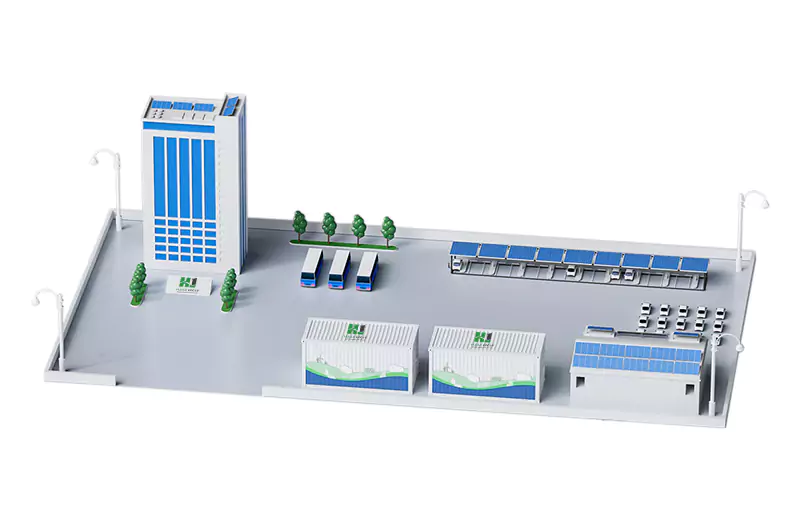
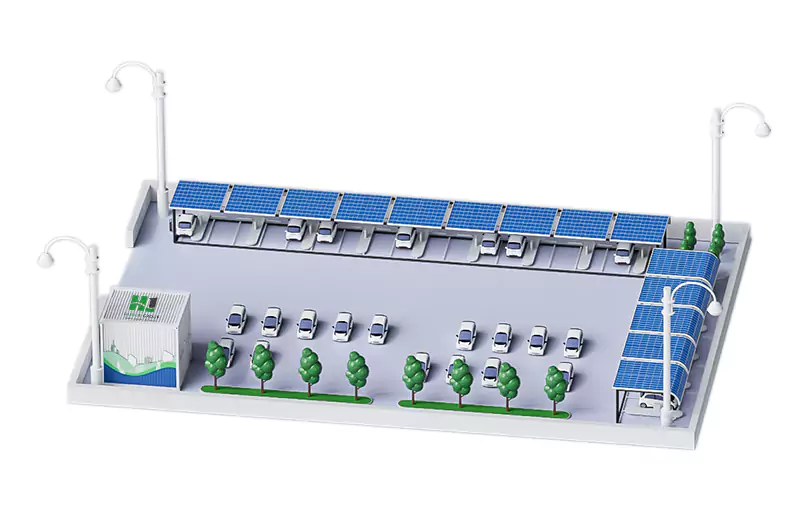
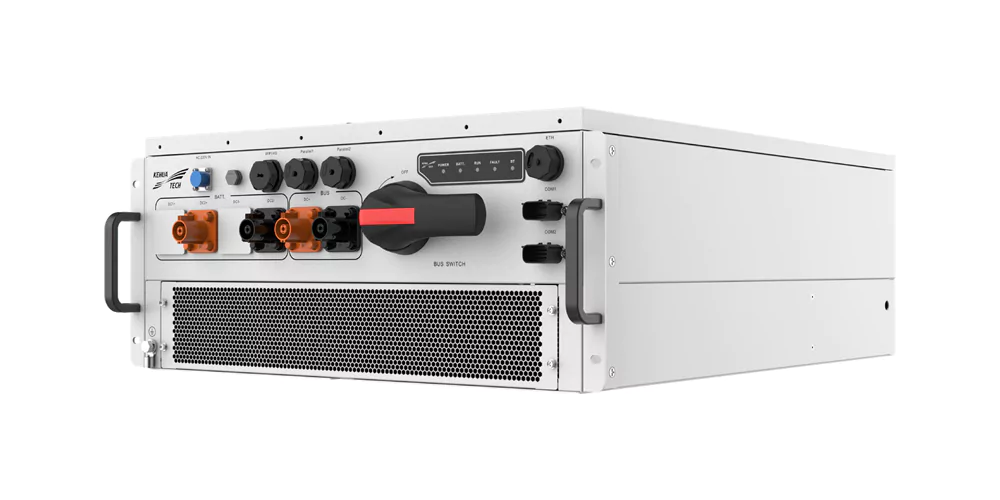
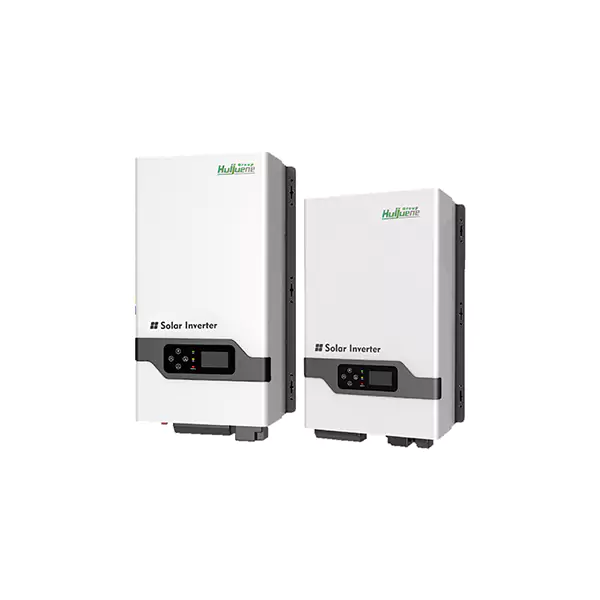


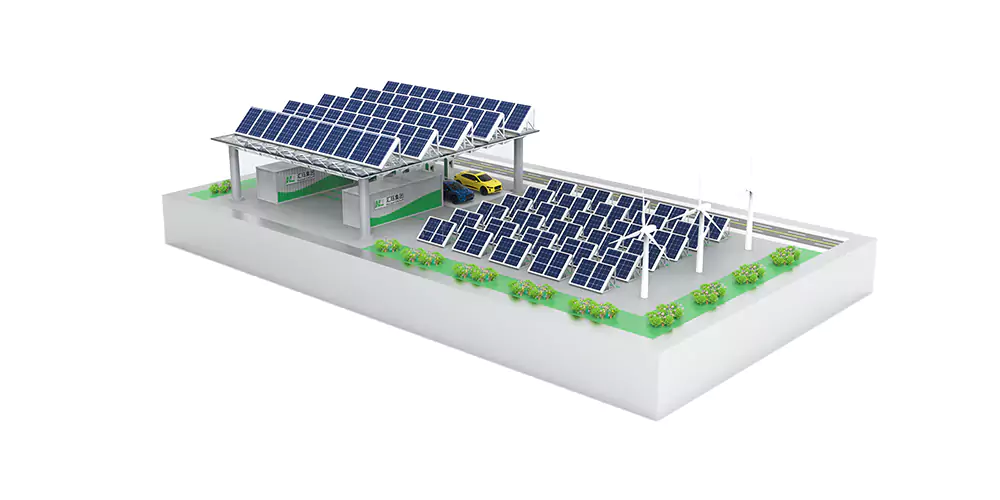

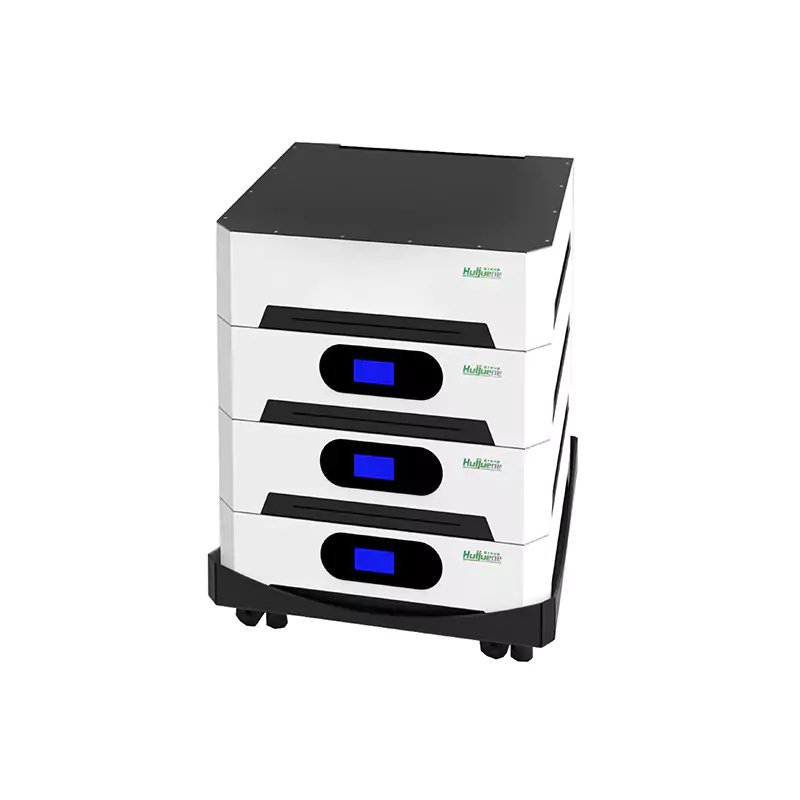



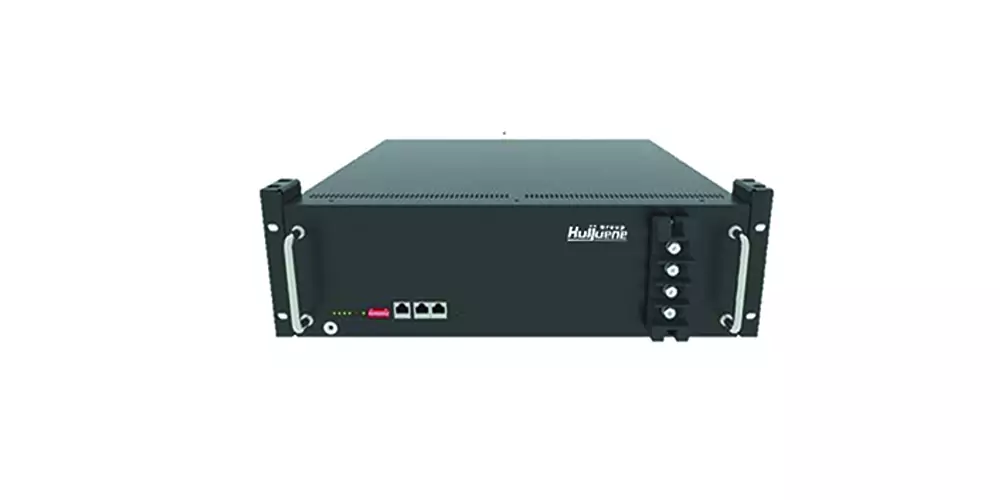
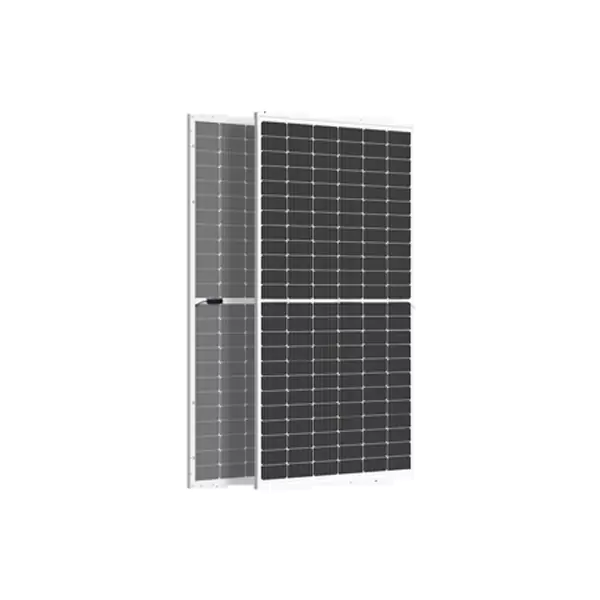
 Inquiry
Inquiry Online Chat
Online Chat